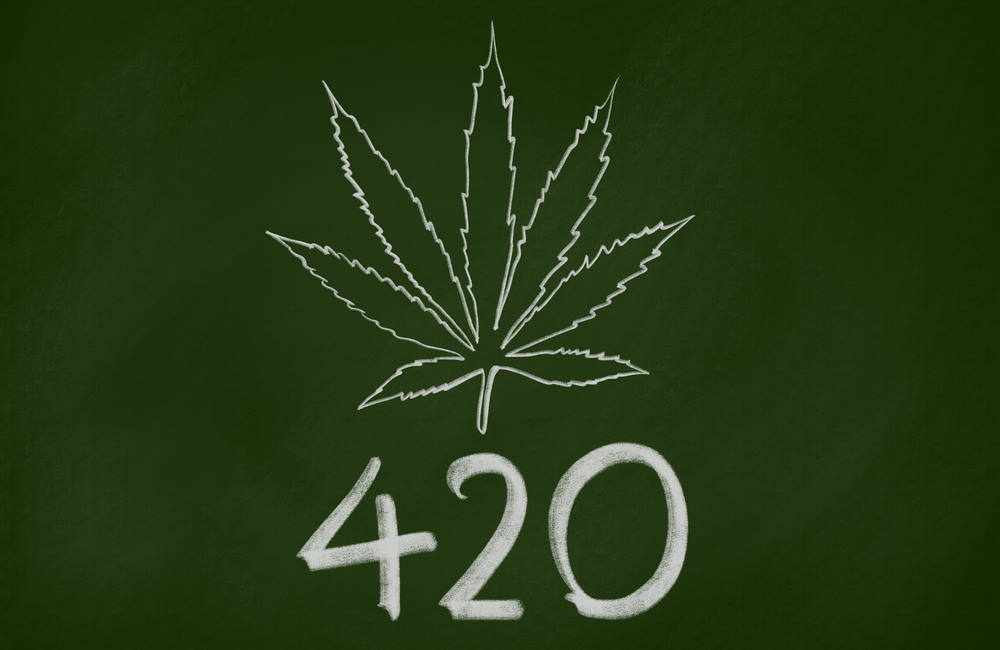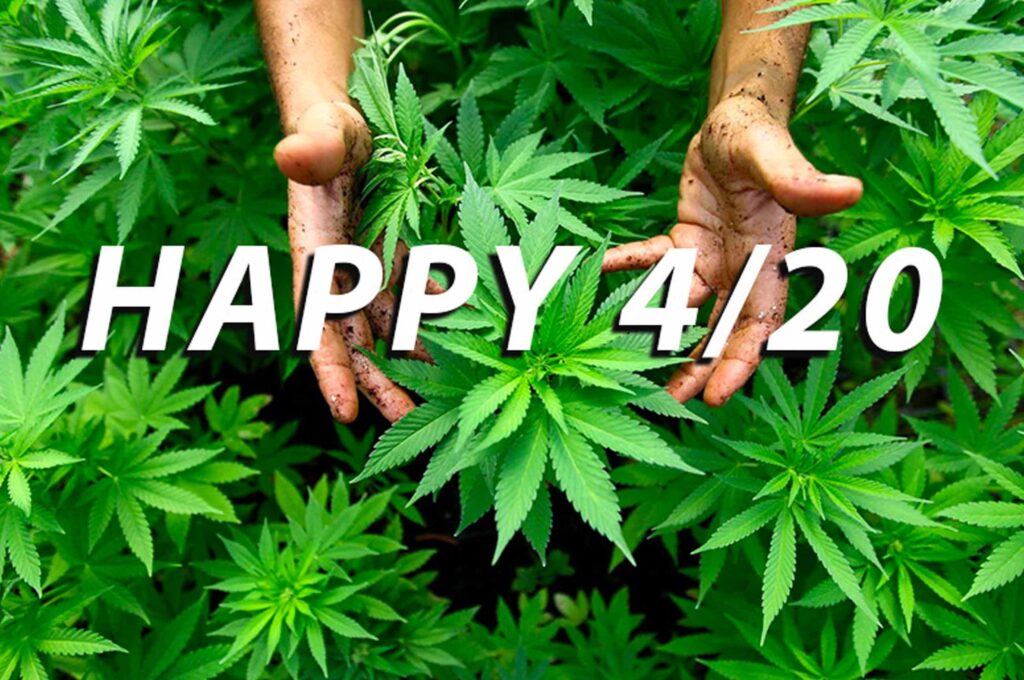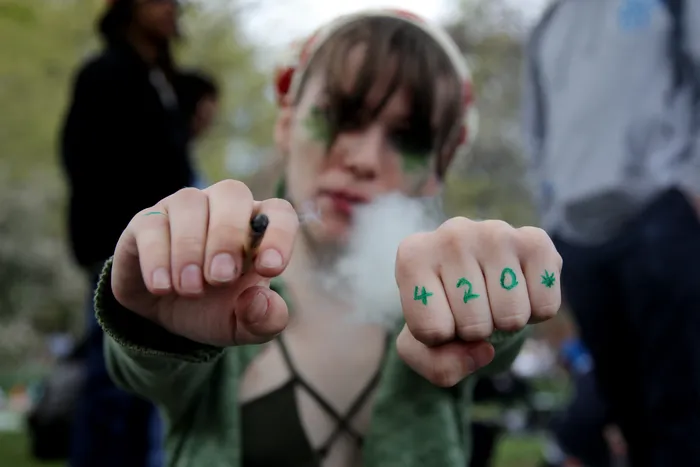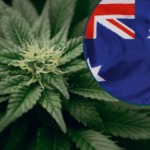In 2025, April 20—known universally as “4/20”—stands as one of the most recognised dates in global cannabis culture. What began as a discreet code among a small group of California high school students in the early 1970s has transformed into a day celebrated worldwide through public gatherings, music festivals, political rallies, and commercial promotions. Today, 4/20 is both a cultural touchstone and an economic driver, blending activism with entertainment and commerce. Its journey from secret slang to international holiday mirrors the broader evolution of cannabis from a countercultural symbol to a mainstream topic of social, political, and economic significance.
Origins in 1970s California

The story of 4/20 begins with a group of students at San Rafael High School in Marin County, California. Calling themselves the “Waldos,” they used “4:20” as a meeting time to search for an abandoned cannabis crop they had heard about. Over time, “420” became their private shorthand for smoking cannabis. The term spread through social circles, partly aided by connections to the Grateful Dead community, and eventually reached broader countercultural networks. By the 1990s, thanks to mentions in music, magazines, and emerging online forums, “420” was recognised across the United States as an insider reference to cannabis use—its original local meaning having evolved into a cultural code understood far beyond California.
From Counterculture Signal to Public Celebration
As cannabis reform movements gained momentum in the 1990s and early 2000s, April 20 shifted from being an inside joke to a public day of gathering and protest. Early 4/20 events often had a dual purpose: celebrating cannabis culture and advocating for legal reform. University campuses, public parks, and music venues became central meeting points for large, informal assemblies. These gatherings were both symbolic and practical—symbolic in defying prohibition and practical in raising awareness of legalization efforts. In cities like Vancouver, Denver, and San Francisco, 4/20 became an annual fixture, drawing thousands of participants and establishing the event’s legitimacy as part of cannabis culture.
Commercialisation and Mainstream Integration
With cannabis legalization spreading across parts of North America, Europe, and beyond in the 2010s and 2020s, 4/20 entered the mainstream. Businesses began hosting themed events, offering discounts, and releasing limited-edition products to mark the day. Cannabis brands used April 20 as a marketing opportunity, while non-cannabis companies tapped into its cultural relevance to connect with younger, progressive audiences. While some critics argue that commercialization risks diluting the day’s activist roots, others see it as a sign of normalization—proof that cannabis has moved from the fringes into accepted social and economic spaces. In legalized markets, 4/20 is now one of the biggest sales days of the year, rivaling major retail holidays.
Activism in the Era of Legalisation
Despite its commercial side, activism remains a core part of 4/20. Advocacy groups use the day to push for reforms in regions where cannabis is still prohibited, to highlight inequities in cannabis law enforcement, and to promote social equity programs in the legal industry. Public rallies and educational events often run alongside festivals and concerts, ensuring the day retains a political dimension. For many, 4/20 is a reminder that while legalization has progressed, disparities in access, criminal records for past offences, and international prohibition continue to impact millions.
A Global Cannabis Holiday

By 2025, 4/20 is celebrated in countries across every continent where cannabis culture has taken root, even in places where it remains illegal. Social media amplifies the global connection, with hashtags, live streams, and virtual events linking celebrations from Amsterdam to Auckland. In some regions, the day is purely recreational; in others, it serves as a flashpoint for protest and political expression. What remains consistent is the sense of community—4/20 brings together people from diverse backgrounds under a shared banner of appreciation for cannabis, whether for its recreational enjoyment, medicinal benefits, or cultural symbolism.
From a casual meeting time among friends to an international holiday, 4/20’s rise reflects the shifting narrative of cannabis itself: from secrecy to openness, from stigma to celebration, and from local slang to a unifying global tradition.





